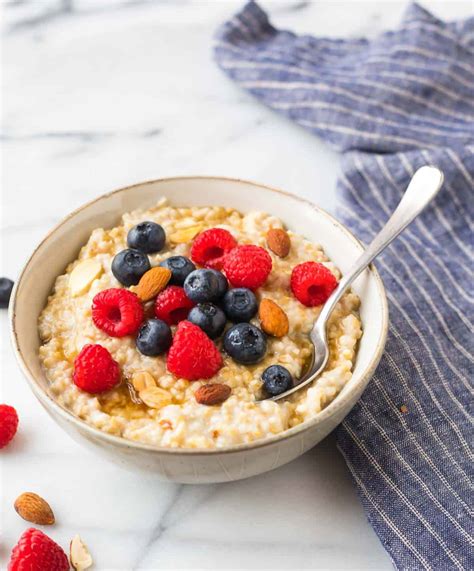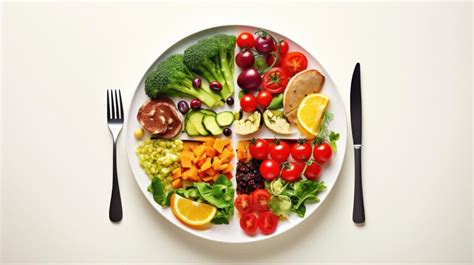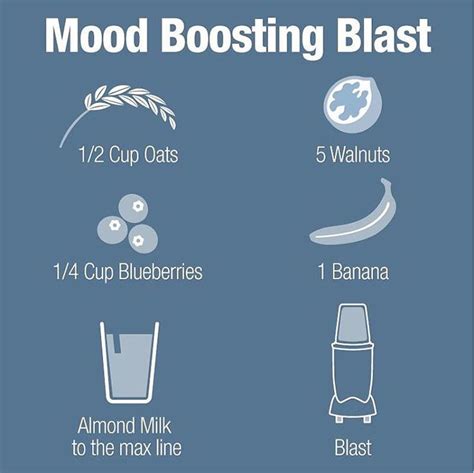The quest for sustained mental focus and avoiding the notorious afternoon slump is a common challenge in our busy lives. The good news is that your diet plays a profound role in how well your brain functions and how consistent your energy levels remain throughout the day. Fueling your body with the right nutrients can make all the difference, transforming sluggishness into sharp productivity.

The Science of Sustained Energy and Focus
Our brain, though only about 2% of our body weight, consumes roughly 20% of our daily caloric intake. It thrives on a steady supply of glucose, but not all glucose is created equal. The type of food you eat dictates how quickly this energy is delivered and how long it lasts, directly impacting your cognitive function and mood.
Complex Carbohydrates: The Steady Burn
Unlike simple sugars that cause a rapid spike and crash in blood sugar, complex carbohydrates provide a slow, sustained release of glucose. This ensures your brain gets a consistent energy supply, preventing the sudden dips that lead to fatigue and lack of focus.
- Whole Grains: Oats, brown rice, quinoa, and whole-wheat bread offer fiber, which slows down sugar absorption.
- Legumes: Lentils and beans are excellent sources of complex carbs and protein.
- Starchy Vegetables: Sweet potatoes, squash, and peas provide essential nutrients alongside sustained energy.

Healthy Fats: The Brain’s Best Friend
Not all fats are bad; in fact, certain fats are crucial for brain health. Omega-3 fatty acids, in particular, are integral components of brain cell membranes and are associated with improved memory and cognitive function.
- Fatty Fish: Salmon, mackerel, and sardines are rich in DHA and EPA omega-3s.
- Nuts and Seeds: Walnuts, chia seeds, flaxseeds, and almonds provide alpha-linolenic acid (ALA), another type of omega-3, along with vitamin E.
- Avocado and Olive Oil: Monounsaturated fats that support brain health and nutrient absorption.
Lean Protein: Alertness and Satiety
Protein provides amino acids, which are the building blocks for neurotransmitters like dopamine and norepinephrine, essential for alertness, motivation, and concentration. A protein-rich meal also helps stabilize blood sugar and keeps you feeling full, reducing the likelihood of energy slumps.
- Eggs: A complete protein source, also rich in choline for memory.
- Lean Meats and Poultry: Chicken, turkey, and lean beef provide iron and B vitamins.
- Dairy and Alternatives: Greek yogurt, cottage cheese, or plant-based proteins like tofu and tempeh.

Vitamins, Minerals, and Hydration: The Supporting Cast
Beyond the macronutrients, micronutrients and proper hydration are critical. B vitamins are vital for energy production, while antioxidants protect brain cells from damage. Dehydration, even mild, can significantly impair concentration and mood.
- Berries: Blueberries, strawberries, and raspberries are packed with antioxidants.
- Leafy Greens: Spinach, kale, and collard greens are rich in vitamins K and E, and folate.
- Water: Aim for at least 8 glasses a day, and more if you’re active.

Crafting Your Focus-Boosting Meals
To implement these strategies, focus on balanced meals and snacks that combine complex carbs, healthy fats, and lean protein.
- Breakfast: Oatmeal with berries, nuts, and a scoop of protein powder; or scrambled eggs with whole-wheat toast and avocado.
- Lunch: A salad with grilled chicken or salmon, mixed greens, quinoa, and a light olive oil dressing; or a lentil soup with whole-grain bread.
- Snacks: A handful of almonds, an apple with peanut butter, Greek yogurt, or vegetable sticks with hummus.
Remember that consistency is key. Making these healthy choices regularly will train your body and brain to operate at their peak, minimizing afternoon slumps and maximizing your mental focus throughout the day.





